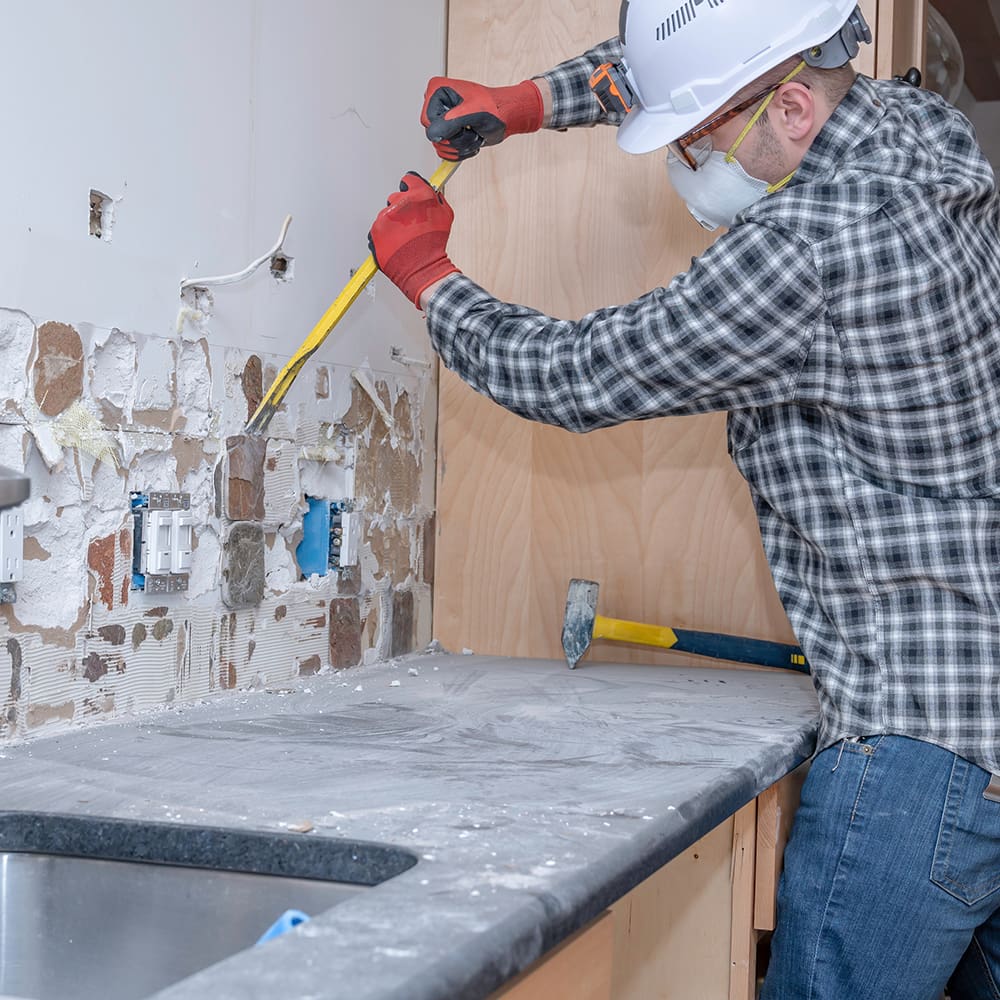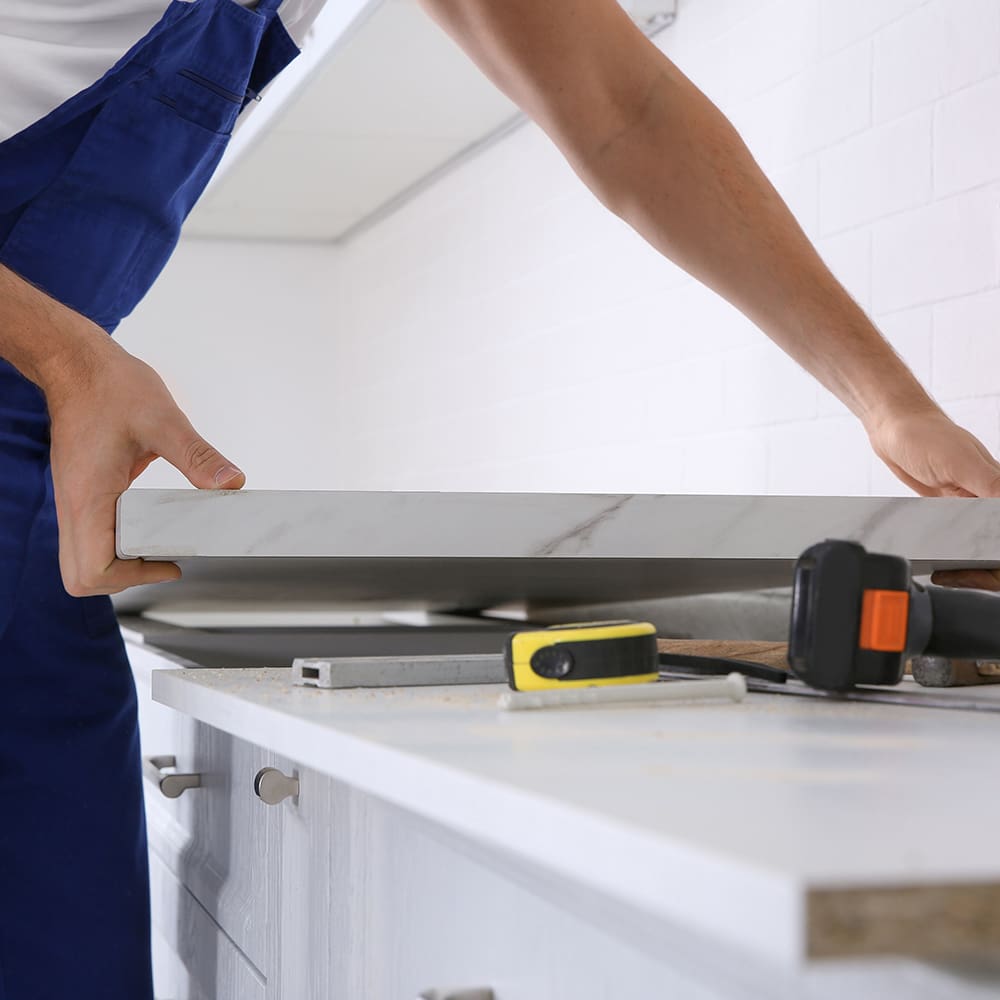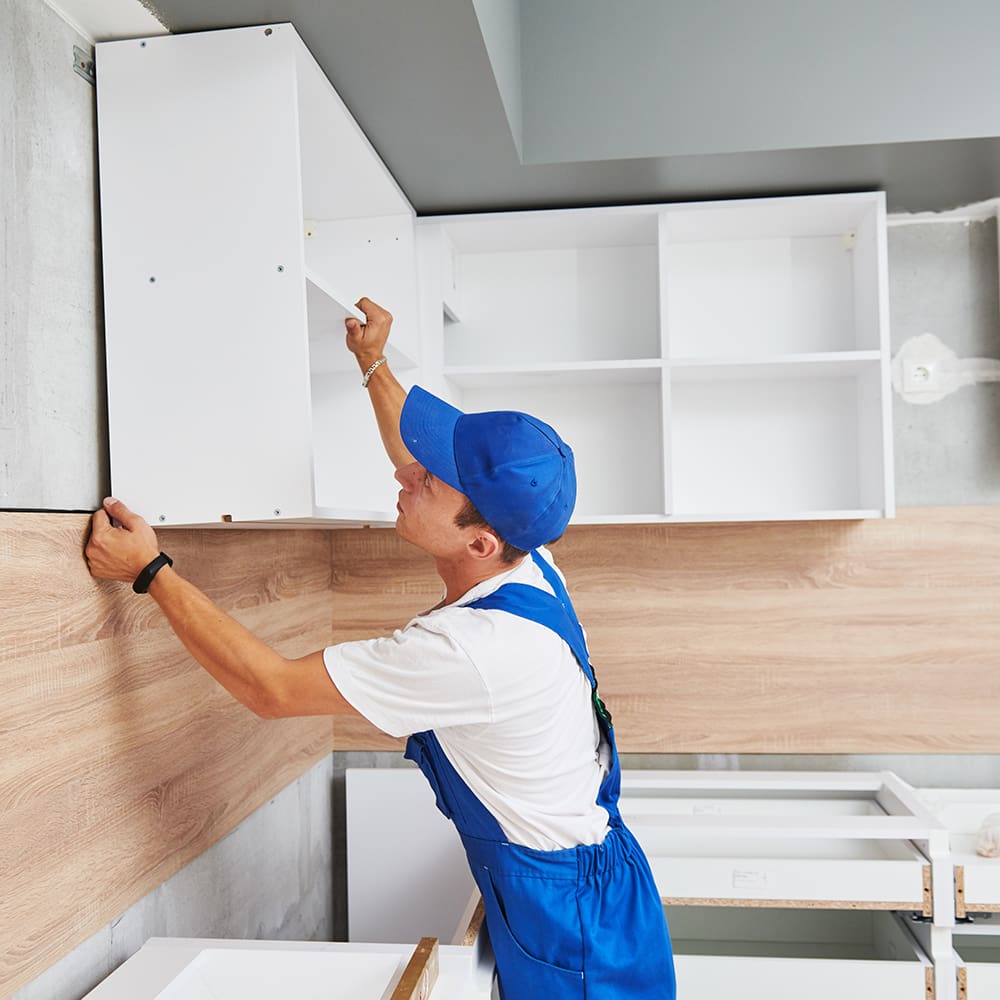How Much Should a Kitchen Remodel Cost? A Detailed Guide for Homeowners

Are you dreaming about a new kitchen but unsure how much it will cost? Kitchen remodeling is one of the most popular home improvement projects, and for a good reason. Not only does it enhance the functionality and aesthetics of your space, but it also adds significant value to your home. However, understanding the potential costs can be daunting. This guide will break down the factors that influence kitchen remodel costs and provide you with realistic expectations.
In this article
Are you dreaming about a new kitchen but unsure how much it will cost? Kitchen remodeling is one of the most popular home improvement projects, and for a good reason. Not only does it enhance the functionality and aesthetics of your space, but it also adds significant value to your home. However, understanding the potential costs can be daunting. This guide will break down the factors that influence kitchen remodel costs and provide you with realistic expectations.
Understanding the Importance of Budgeting
Before you start tearing down cabinets and picking out appliances, it’s crucial to establish a budget. Knowing how much you’re willing to spend will guide your decisions and help you avoid overspending. According to HomeAdvisor, the average cost of a kitchen remodel in the U.S. ranges from $12,567 to $34,962. However, this can vary widely based on your location, the size of your kitchen, and the extent of the remodel.
Factors That Influence Kitchen Remodel Costs
Several factors can influence the overall cost of your kitchen remodel. Let’s explore some of the key elements that homeowners should consider.
Size of the Kitchen
The size of your kitchen plays a significant role in determining the cost of a remodel. Larger kitchens require more materials, labor, and time to complete, which can drive up costs. On the other hand, smaller kitchens may be less expensive to remodel but can still present unique challenges that impact the budget.
Scope of the Remodel
Are you planning a full-scale renovation or just updating a few elements? The scope of your remodel will significantly affect the overall cost. Minor updates like painting walls, replacing cabinet hardware, and installing new light fixtures are relatively inexpensive. In contrast, a complete overhaul that involves changing the layout, installing new cabinets, countertops, and appliances can be much more costly.
Quality of Materials
The quality of materials you choose can have a substantial impact on your kitchen remodel cost. High-end materials like custom cabinetry, granite countertops, and professional-grade appliances come with a higher price tag. Alternatively, you can save money by opting for mid-range or budget-friendly materials without sacrificing too much on quality and aesthetics.
Breaking Down the Costs
Now that we’ve discussed the factors influencing kitchen remodel costs, let’s break down the typical expenses involved.
Cabinetry
Cabinets are often the most significant expense in a kitchen remodel, accounting for 30-40% of the total budget. Custom cabinets are the most expensive option, while semi-custom and stock cabinets offer more affordable alternatives. On average, homeowners spend between $4,000 and $13,000 on new cabinetry.
Countertops
Countertop materials vary widely in price, with options ranging from laminate and butcher block to quartz and granite. The cost of countertops typically falls between $1,500 and $4,500, depending on the material and the size of your kitchen.
Appliances
New appliances can significantly impact your kitchen remodel cost. High-end, energy-efficient appliances offer advanced features but come at a premium price. Most homeowners spend between $3,000 and $8,000 on appliances during a kitchen remodel.
Labor Costs
Labor costs are another critical component of your kitchen remodel budget. Skilled professionals like electricians, plumbers, and carpenters are essential for completing various aspects of the project. Labor costs can account for 20-35% of the total budget, averaging between $3,000 and $10,000.
Flooring
Replacing your kitchen flooring can range from $1,500 to $4,500, depending on the material chosen. Hardwood, tile, and vinyl are popular options, each offering different benefits and price points.
Lighting and Fixtures
Updating lighting and fixtures is a cost-effective way to enhance your kitchen’s functionality and appearance. Homeowners typically spend between $200 and $1,500 on lighting upgrades during a remodel.
Additional Costs to Consider
While the above categories cover the primary expenses, there are additional costs to consider when planning your kitchen remodel.
Permits
Depending on the scope of your remodel, you may need to obtain permits for electrical, plumbing, and structural changes. Permit costs vary by location but generally range from $100 to $1,000.
Design Fees
If you’re working with a professional designer or architect, factor in their fees when budgeting for your kitchen remodel. Design fees can range from $1,000 to $5,000, depending on the complexity of the project and the designer’s experience.
Unexpected Expenses
It’s always a good idea to set aside a contingency fund for unexpected expenses that may arise during your kitchen remodel. A 10-20% buffer is recommended to cover any unforeseen issues or changes in plans.
Maximizing Your Investment
A well-executed kitchen remodel can provide a significant return on investment (ROI). According to Remodeling Magazine’s Cost vs. Value Report, homeowners can expect to recoup around 54-77% of their kitchen remodel costs when they sell their home. To maximize your ROI, focus on high-impact upgrades that appeal to potential buyers, such as updated cabinets, countertops, and energy-efficient appliances.
DIY vs. Hiring Professionals
While DIY projects can save money, they may not always be feasible for complex kitchen remodels. Hiring professionals ensures that the work is done correctly and safely, ultimately protecting your investment. Consider your skill level and the scope of your remodel when deciding whether to tackle the project yourself or hire experts.
Financing Your Kitchen Remodel
If you don’t have the funds to pay for your kitchen remodel upfront, several financing options are available. Home equity loans, personal loans, and credit cards can help you cover the costs. Be sure to compare interest rates and terms to find the best financing option for your needs.
Tips for Saving Money
Remodeling a kitchen can be expensive, but there are ways to save money without compromising on quality.
Shop Sales and Discounts
Look for sales and discounts on materials and appliances. Many retailers offer significant savings during holiday sales and clearance events.
Reuse and Repurpose
If your existing cabinets and appliances are in good condition, consider repainting or refacing them instead of replacing them. This can save you thousands of dollars while giving your kitchen a fresh look.
Do Some Work Yourself
While it’s essential to hire professionals for complex tasks, you can save money by handling some aspects of the remodel yourself, such as painting and installing new hardware.
Conclusion
A kitchen remodel is a worthwhile investment that can enhance your home’s functionality, aesthetics, and value. By understanding the factors that influence kitchen remodel costs and carefully planning your budget, you can achieve your dream kitchen without breaking the bank. Remember to prioritize quality materials and professional labor to protect your investment and enjoy a beautiful, functional kitchen for years to come.




